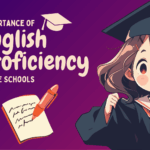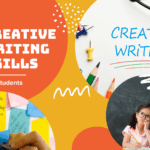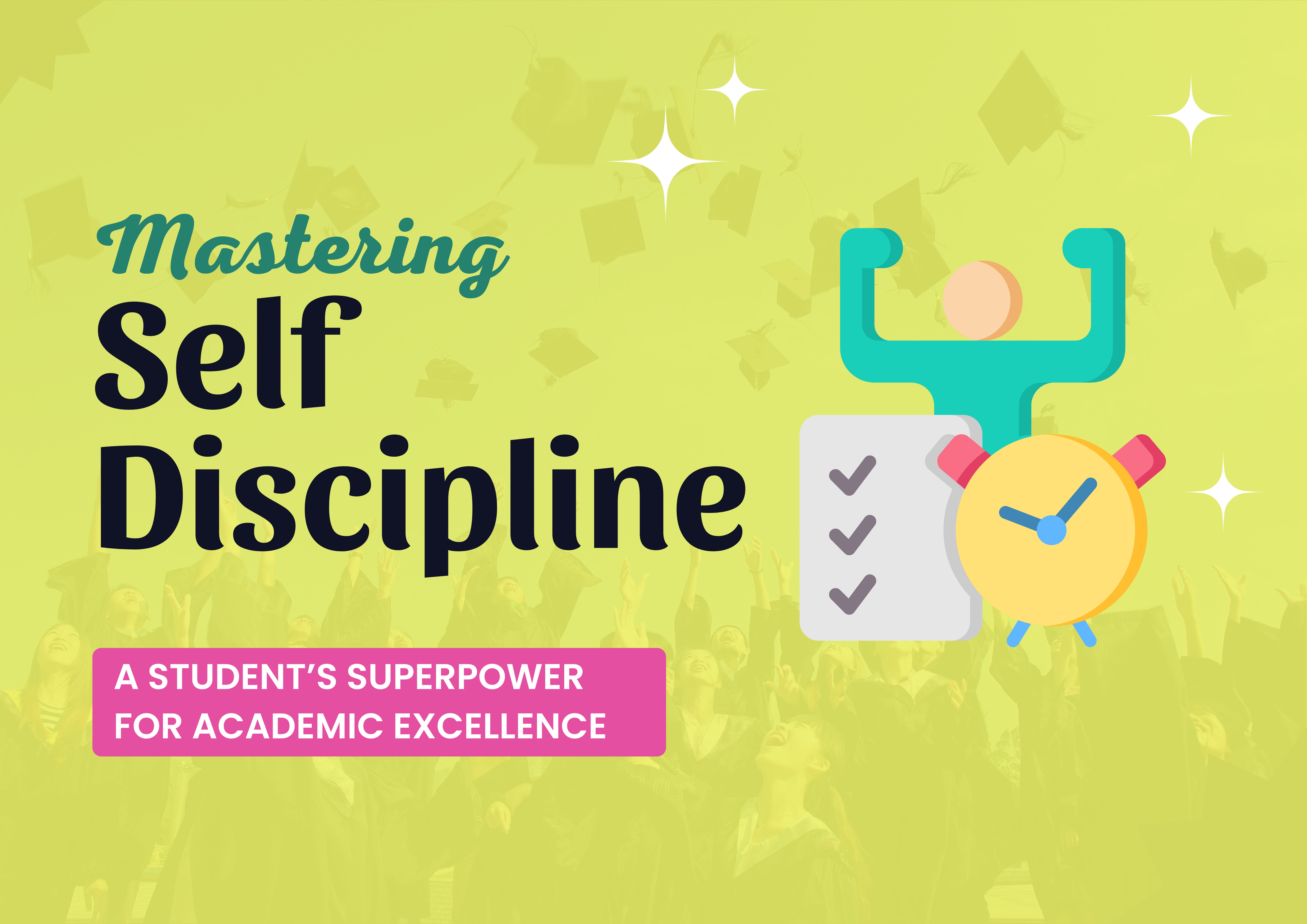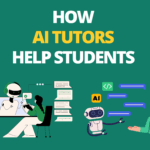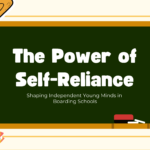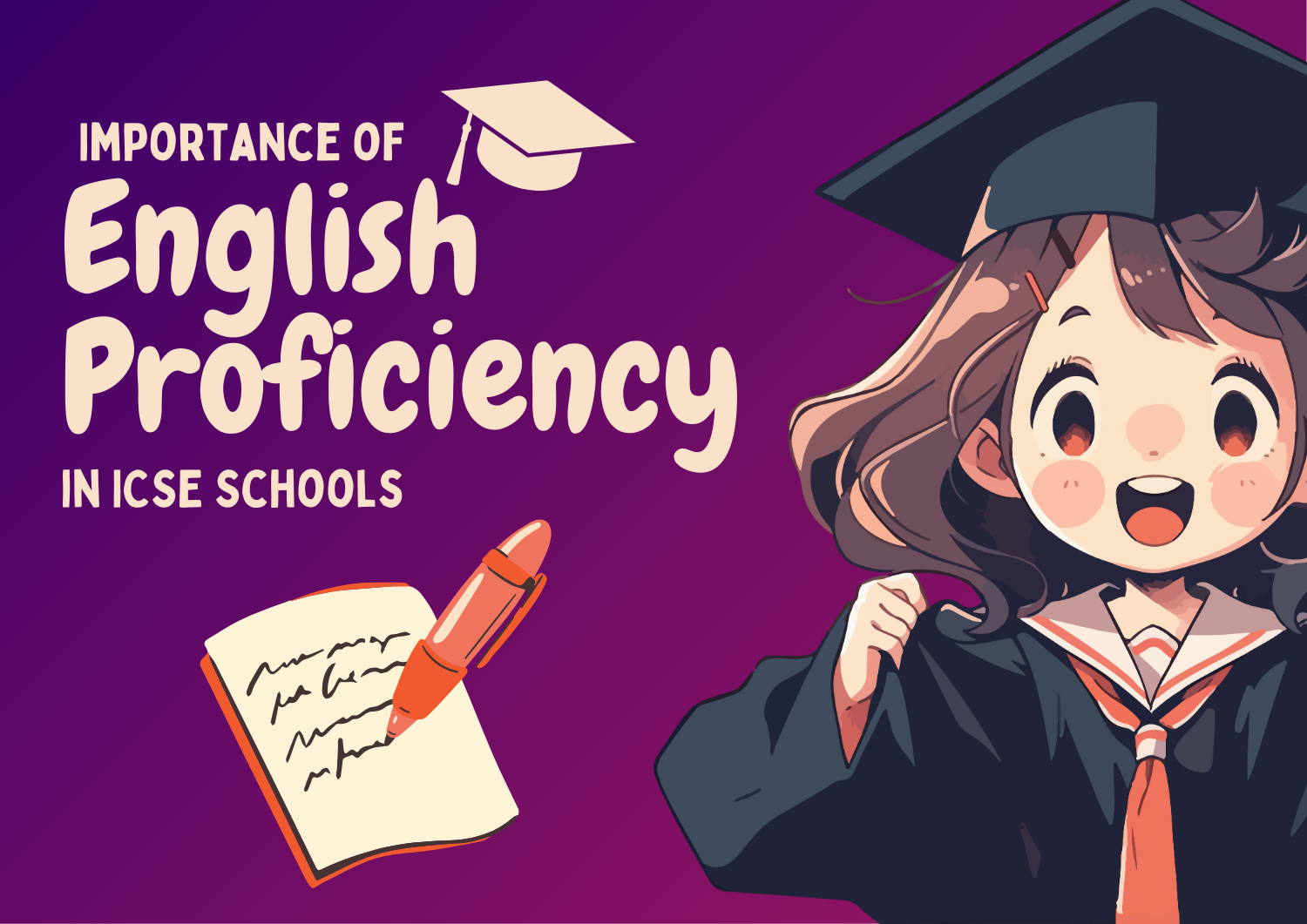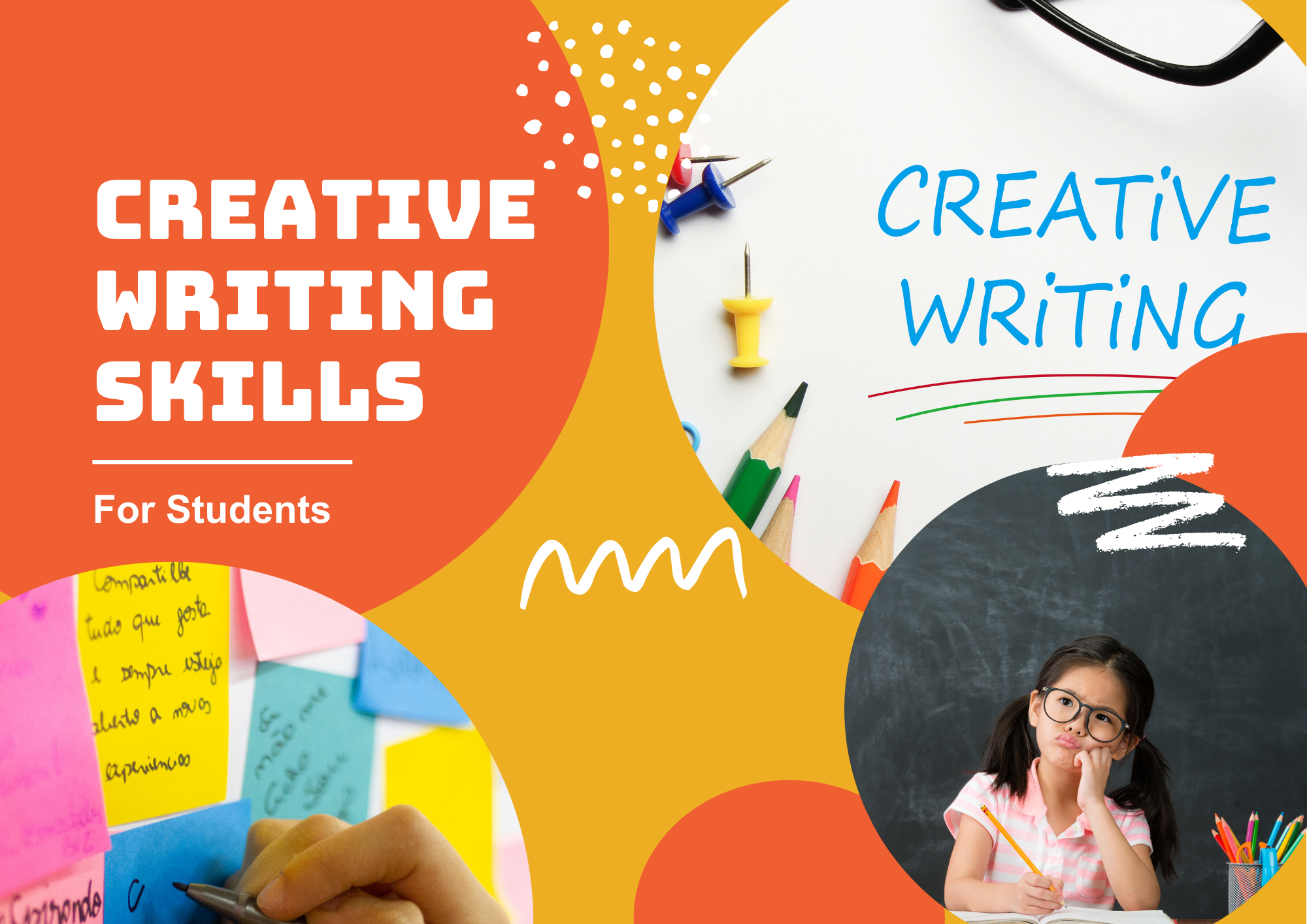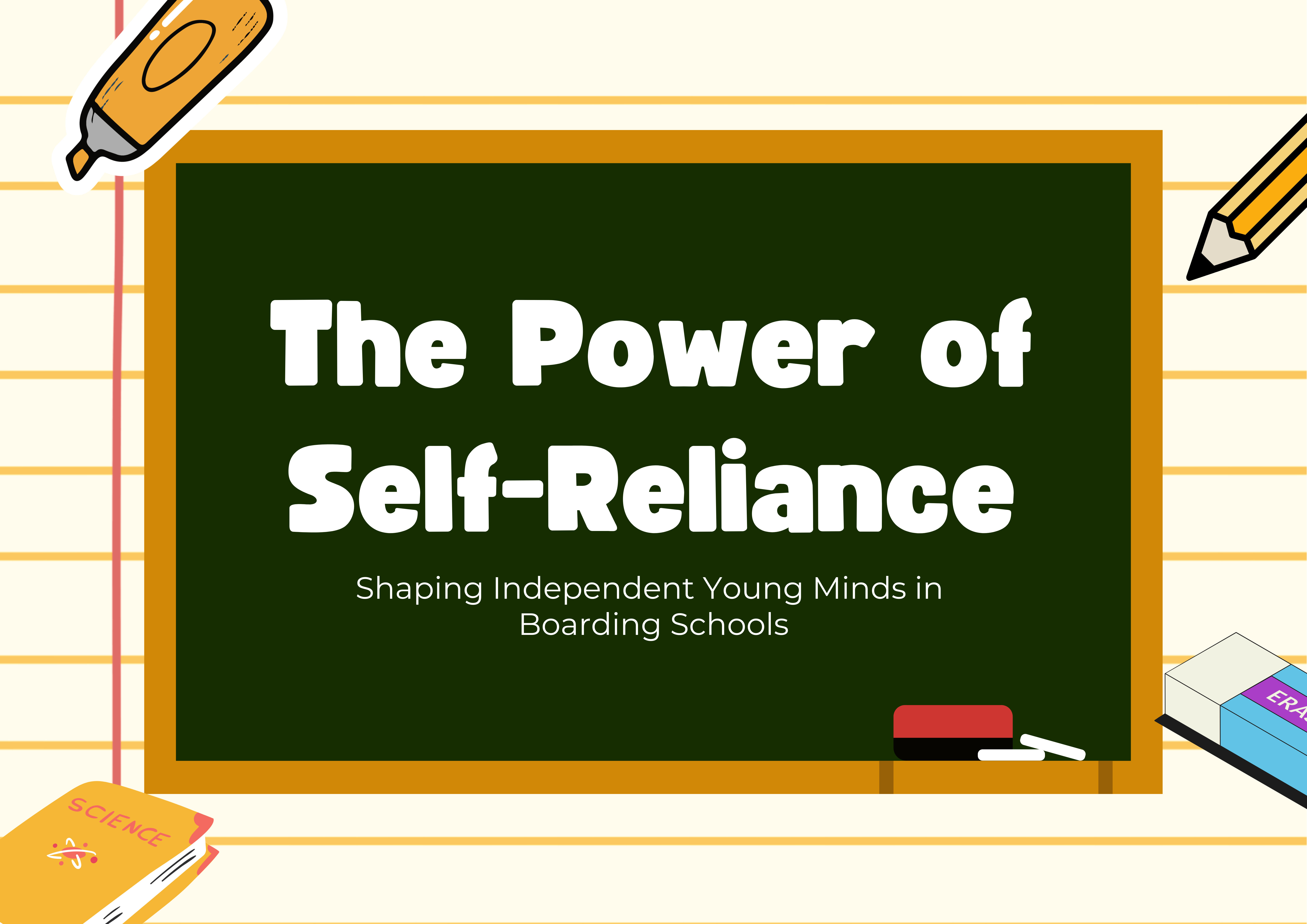In the rapidly evolving landscape of education, the integration of technology has taken a front seat in shaping how students learn and interact with knowledge.
One of the most revolutionary developments in this space is the rise of AI Tutors. These intelligent systems are changing the way students approach academics, offering a personalized, efficient, and smarter study experience.
The Shift Toward Smarter Learning

Traditional learning methods often follow a one-size-fits-all model that doesn’t cater to individual learning styles or paces. However, AI Tutors use algorithms and data analysis to adapt to each student’s unique learning needs.
This means that whether a student is struggling with math concepts or needs advanced reading materials, the AI adjusts accordingly.
This shift is especially relevant in structured academic environments like boarding schools in Dehradun, where students must manage both academics and independent living.
By tailoring content delivery and pace, AI Tutors make learning more accessible and less stressful. Instead of spending extra hours struggling with unfamiliar topics, students receive instant support and feedback, helping them study smarter, not harder.
How AI Tutors Transform Learning for School Children
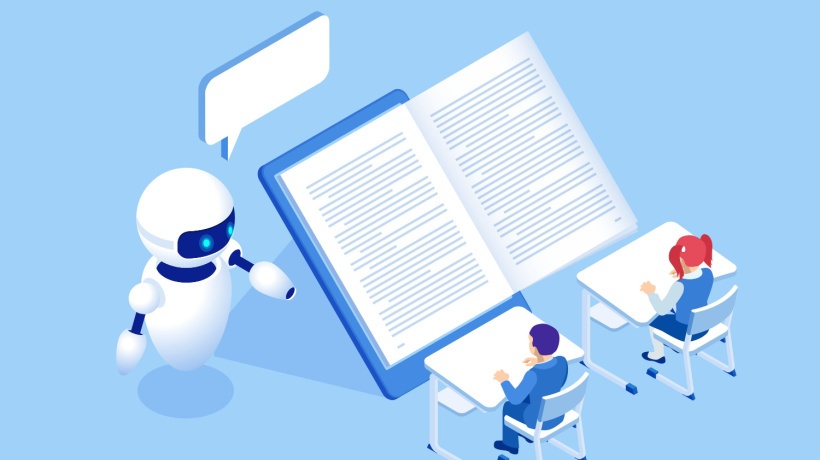
AI Tutors are proving to be a game-changer in education for school-aged children. Here are a few key areas where they are making a strong impact:
- Personalized Learning Paths: Each student learns differently, and AI recognizes this by creating custom lesson plans, quizzes, and progress maps based on individual strengths and weaknesses.
- Instant Feedback and Support: AI-powered tools provide immediate corrections and explanations, allowing students to understand mistakes in real time and improve faster.
- 24/7 Accessibility: Unlike human tutors, AI Tutors are available round-the-clock, enabling students to get help whenever they need it, whether it’s late-night revision or early morning doubt-clearing.
- Reduced Academic Pressure: By simplifying difficult concepts and reinforcing understanding through repetition and adaptive learning, AI helps students manage academic stress more effectively.
Filling Educational Gaps with AI

Many students face challenges that arise from learning gaps, lack of motivation, or time management issues. AI Tutors can analyze performance patterns and recommend targeted practice exercises to bridge those gaps.
Furthermore, their gamified learning features and interactive modules make studying more engaging and less monotonous for younger learners.
For example, when a student consistently makes errors in geometry, the AI doesn’t just flag the issue; it offers step-by-step problem-solving tutorials, ensuring that foundational understanding is rebuilt.
This focused approach helps students retain knowledge more efficiently and enhances academic outcomes.
The Role of AI in Building Study Habits

One of the most overlooked benefits of AI Tutors is their ability to help students develop productive study habits.
These tools promote consistency through daily reminders, structured routines, and progress tracking. Over time, students learn to manage their schedules better, prioritize tasks, and approach exams with greater confidence.
Moreover, the AI systems often include motivational elements such as progress badges, scores, and challenges that make the learning process fun and goal-driven. This gamification leads to increased student engagement and fosters a growth mindset.
Real-World Implementation in Schools

Institutions like Shri Ram Centennial School Dehradun are pioneering the use of educational technology to complement traditional classroom instruction.
By incorporating AI Tutors into their academic framework, they ensure that students receive a balanced and comprehensive education.
These AI-driven solutions serve as an excellent supplement to human instruction, bridging gaps and reinforcing learning beyond classroom hours.
The Future of AI-Powered Learning

As technology continues to evolve, the role of AI Tutors will only expand. From integrating with virtual reality for immersive experiences to offering emotional support through sentiment analysis, the potential is vast.
What remains constant is the value they bring in making education more inclusive, efficient, and tailored to each student’s journey.
In conclusion, AI Tutors are not here to replace teachers but to empower students. They act as intelligent companions who guide, correct, and motivate learners to achieve their academic goals without burning out.
For school children especially, this means more time to explore, play, and grow while excelling in their studies.
